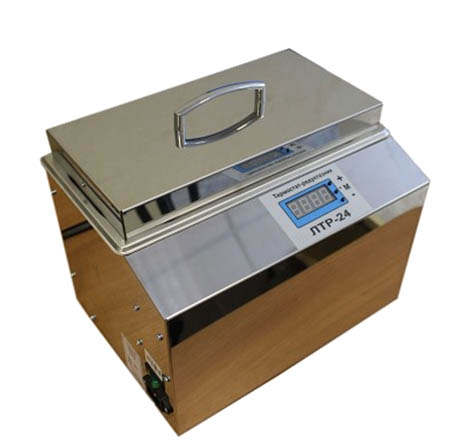Bloomberg reported that Russia was selling oil "much higher" than the price ceiling

For at least four weeks after the European Union and the G7 countries introduced a “price cap” on Russian oil, Moscow sold it at an average price of $74 per barrel. and received much more profit than expected in the West. Bloomberg writes about this with reference to a study by the Institute of International Finance, Columbia and California Universities.
In December, the EU and the G7 countries ( USA , Canada, UK, France, Germany, Italy and Japan) set a price ceiling for the supply of Russian oil by sea at $60 per barrel. At the same time, the restrictions did not affect Russian crude oil, which is supplied to the EU countries via the Druzhba pipeline.
Based on the analysis of data from customs accounts, the authors of the study calculated that after the introduction of restrictions, Russia sold oil at an average price of about $74 per barrel, which is about a quarter higher than the established ceiling.
In particular, according to their data, the average price of Russian oil by destination was:
ports of the Baltic Sea — $59.86 per barrel; Black Sea ports — $63.34 per barrel; ports of the Pacific Ocean — $82.24 per barrel; ports of the Arctic Ocean — $79.31 per barrel; the Druzhba pipeline — $62.98 per barrel; pipeline to China — $80.91 per bbl.The report also says that about half of Russian supplies are carried by the so-called shadow tanker fleet, and thus are not subject to price caps. In this regard, analysts called for an "urgent investigation."
Putin signed a law on a new procedure for calculating the price of oil for taxes Economics Read pioneerprodukt.by How to run a business from abroad to avoid problems with the law Habits began to rule life. How to regain control of yourself Work, for which you are not ashamed: where are the dismissed employees of big tech going? The main problem of electric cars is lithium.
The price ceiling of the EU and G7 countries for Russian oil for deliveries by sea to third countries began to operate from December 5. On February 5, a ban on the supply of Russian oil products to the EU began to operate. At the same time, the embargo on the supply of petroleum products from Russia and the price ceiling provided for by it do not apply to petroleum products that are produced from Russian oil abroad, as well as mixtures of Russian fuel with petroleum products from other countries, if they are mixed on the territory of third countries.
Following the imposition of sanctions on Russian oil, President Vladimir Putin signed a decree on retaliatory measures that prohibits the supply of Russian oil and petroleum products to foreign citizens and companies if the contracts "directly or indirectly provide for the use of a price cap mechanism."
Supplies of oil and oil products from Russia to the G7 countries and the EU in 2021 amounted to 214.7 million tons for a total of $109.5 billion. This is 68–70% of the total export of these goods to the world market. Despite this, Russia has already managed to reorient a significant part of oil supplies from Europe to Asia, experts noted.




























































